Climate refugees need our protection and here’s how
Climate change is here to stay due to our inability to accept and learn. It is already having an abysmal effect on global migration and displacement.
Climate change could possibly create the world’s biggest refugee crisis. We need to broaden our attention that there are other causes besides war and conflicts which can create a refugee crisis.
Floods, droughts and water shortages are triggering a series of mass-movements to seek safety and better livelihoods. Some may try to flee to international borders but may not be granted entrance as they aren’t escaping political persecution. Others try to find sanctuary inside their own country becoming internally displaced persons (IDPs).
The current system
It is flawed and struggles to address the needs of those pushed out due to climate change. The truth is that it is not a high priority for governments and environmental organizations as more importance is given to other issues that are seemingly more pressing.
The United Nations is always focusing on new negotiations regarding refugees but fail to include the situation of IDPs or “crisis refugees.” The 1951 Convention definition, if revised will only open Pandora’s box by deteriorating the existing system. A lot has happened since the 1951 convention, new countries have formed, ideologies and leaders have changed. Anti-immigration countries such as the US and the UK can threaten to leave the UN or act in a way where they cannot be held accountable.
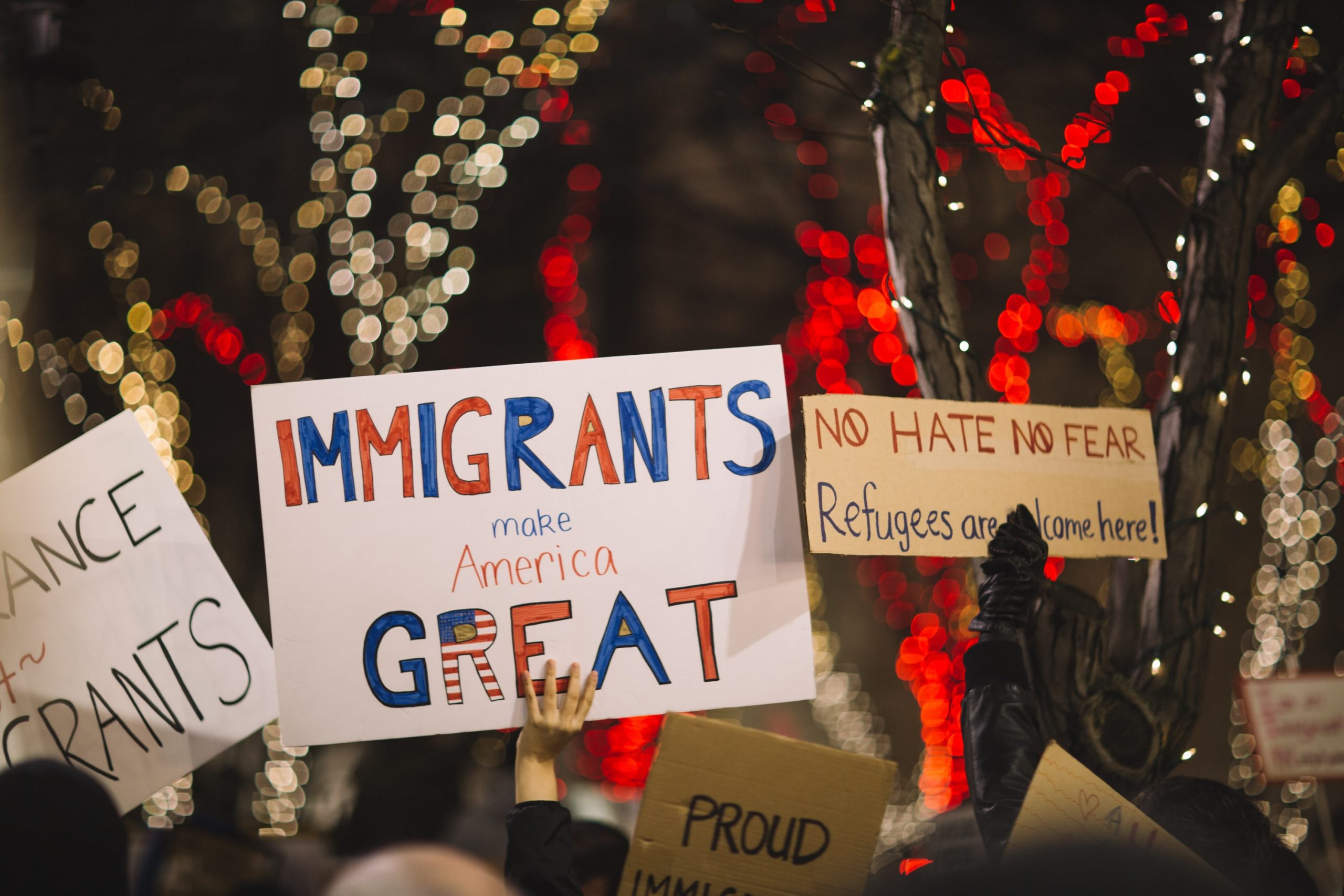
Trump feels that building a wall and refusing refugees can “Make America Great Again” (Source: Nitish Meena, Unsplash)
There is still hope; it just needs someone to take the first brave step. The New Zealand government is in the process of doing this. They are considering creating a visa category to help relocate Pacific peoples displaced by climate change. However, there needs to be critical global political support. It should be common-sense, as charity starts at home and that home is Earth.
What can be done?
We can start by fixing the financial gap in the United Nations High Commissioner for Refugees (UNHCR) by changing the budgeting to be aligned with the other main UN agencies. In today’s increasing refugee problems the budget is disproportionate. It should be on more predictable and mandatory assessed country contributions, in line with the World Health Organization or UN Environment.
It should be common-sense, charity starts at home and that home is Earth.
Draft a new legal treaty
A new legal treaty in which the definition of refugees reflects what is actually happening in the 21st century. This includes clear rights and obligations of countries to meet international security, human rights and other standards in their treatment of refugees. Agreements should be inclusive, transparent and have a bottom-up approach.
Hold countries accountable for their actions.
We need to follow The Montreal Protocol example, which is the world’s most successful environmental treaty. Through phasing out chemical pollutants they have saved millions of lives from cancer and prevented additional biodiversity harm. A review mechanism should identify a country’s non-compliance and provide scientific, technical and financial support to close those gaps.
Digital platforms and technologies are part of the solution.
The UN and the World Bank are looking at how to provide digital IDs to over 1 billion people who do not have basic identification. Companies such as Microsoft are creating new online systems so that refugees have quick access to bank accounts. Banking apps in remote rural areas are thus, encouraging thousands who have never had a bank account, especially women, to set up accounts and find working capital. Innovation is the key to moving forward.
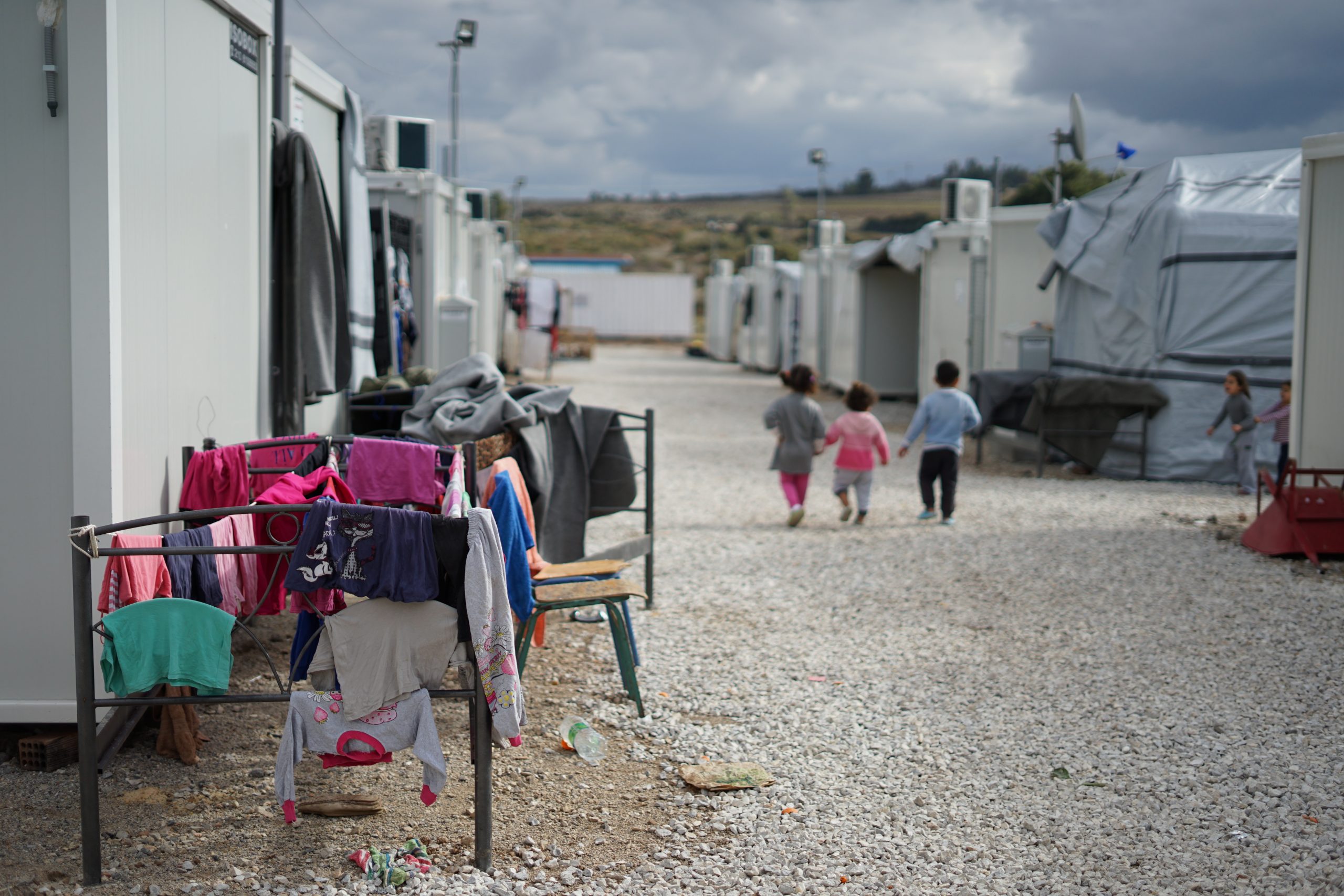
Children deserve a better quality of life and opportunities to succeed. (Source: Julie Ricard, Unsplash)
Finally, embed sustainability within global value chains.
As the multilateral trade system faces a deepening crisis, there is growing interest from fair-trade resources that avoids deforestation and provides a fair return for small-scale farmers. This system needs to look at refugees beyond current remittances, to how a new generation of global value chains can provide income support to migrants.
These are just some of the steps that we can take to support those displaced and directly affected by climate change. While climate change may not seem as pressing, but it is an insidious and all-encompassing issue that we need to take very seriously. The refugee crisis that comes along with it might seem distant at the moment, but due to the global nature of climate change, it will soon reach all of our doorsteps.

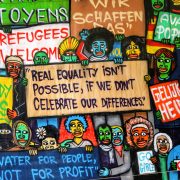

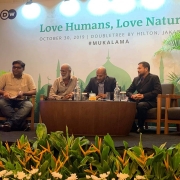
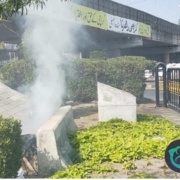



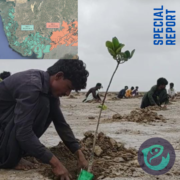
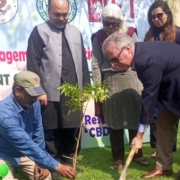


Very good article